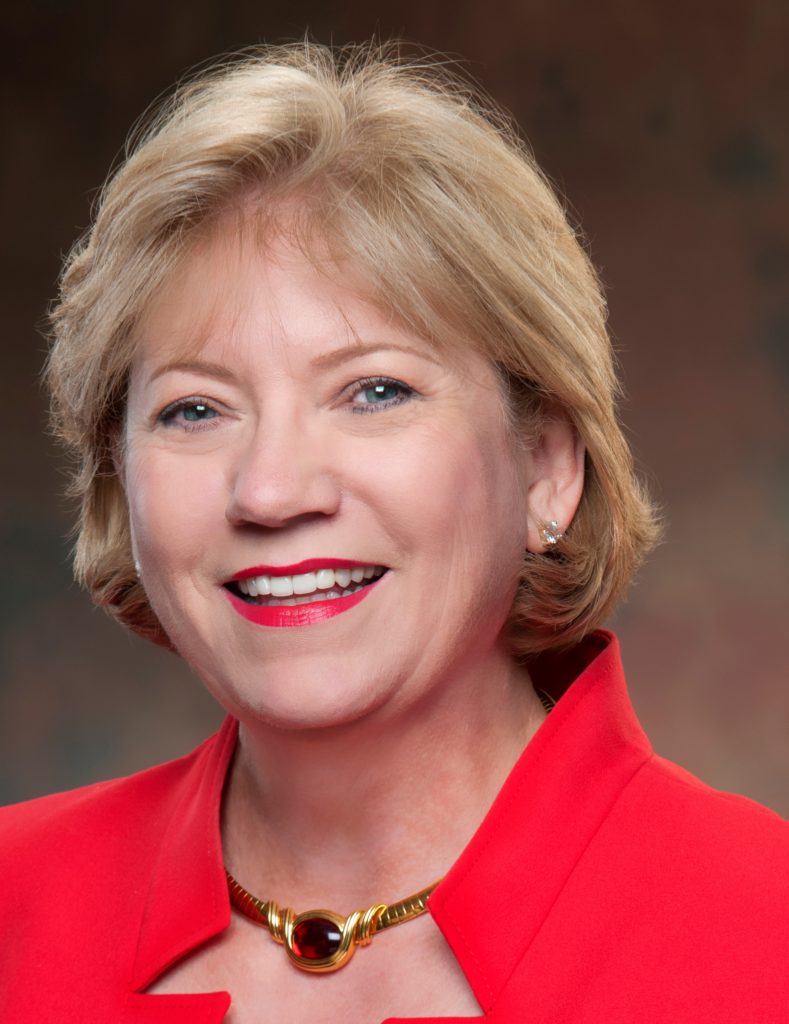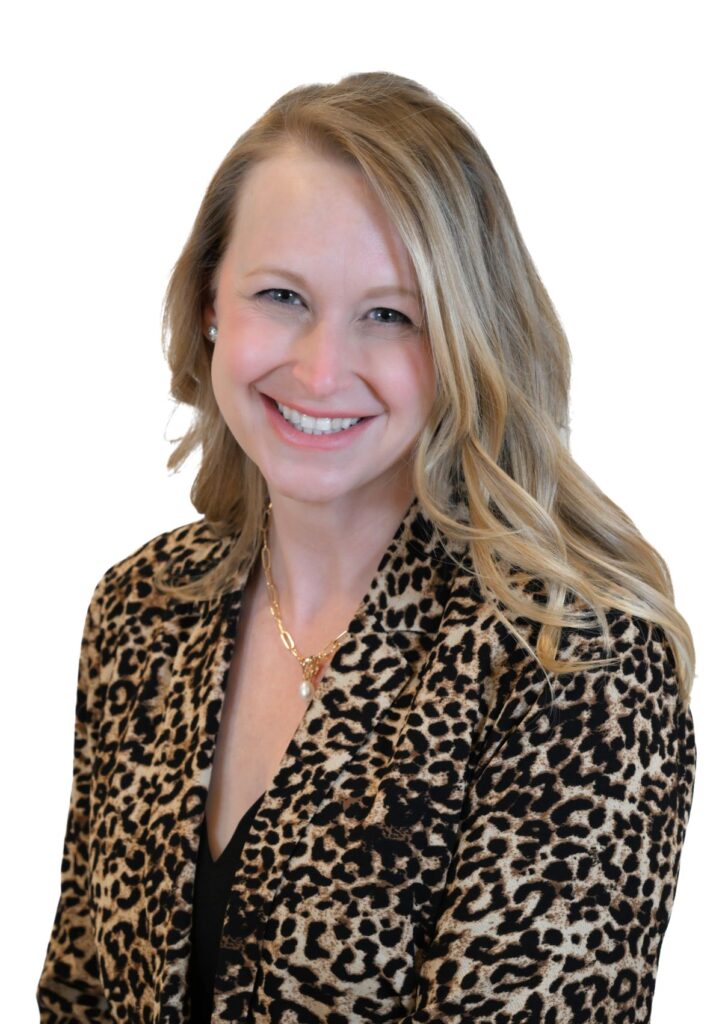How Do You Know When It’s Time to Retire?
Lately, I’ve been thinking about phases. Or as they’re called in the South, “seasons.” Seasons of friendship, of life, of work. And although I myself am not retiring soon, I think about it sometimes. Do I want to engineer Ellevated Outcomes’ growth so that I can retire at a certain age? I have a fairly young target in mind, but then I wonder, “What would I do with myself?”
Not too long ago, I was sitting at my kitchen counter, ruminating on this question. I sent an email to Glenda Copeland, Senior Vice President of Private Client Services at First Tennessee Bank. I asked if she’d be up for an interview on this topic, as I remembered that she’d planned to retire this spring. Her response pegged the serendipity of my note: “Come on over and let’s talk, My last day of work is in two weeks!”

So we met the next week. We talked about her winding career path, views on leadership, and when it’s time to welcome a new phase…
Glenda, hi! Happy almost-retirement. I’d love to start by understanding… what’s your day-to-day like right now? Are you overwhelmed with exit to-do’s?
Not really in these final weeks, no. I’ve been planning to retire this spring since I came to work here three years ago. So I’ve had plenty of time to prepare! About five months ago, I started writing an on-boarding manual for the next person to take this role; and I’ve been adding to it every day since then.
That’s one of those things that sounds simple enough, but I’m curious about the details. What’s in the manual? Is it a physical binder? Something virtual?
It’s virtual, an online binder of sorts; it contains files and a OneNote document with everything I hope that the next person will need. It includes the practical, with things like: “You’ll receive these reports each Monday; here’s what you do with them.”
The more important pieces are more nuanced, such as “Here are your employees and their strengths… Here are people who influence your role, so get to know them in the first 30 days.” This is what I call tribal knowledge.
Tribal knowledge is accrued through day-to-day experience. How we work through challenges; celebrate success; discern what decisions will have a long-lasting impact versus what will pass. This tribal knowledge will be what sets the next person up so that there are no gaps. To me, this is leadership.
You mentioned discernment. How do you decide where to put your energy and weight?
My ability to make decisions is one of my assets. Decisions that we leaders may think are mundane, can create the most stress for employees. What feels like a small thing may have a domino effect that can really impact an employee’s morale.
Anytime that change is afoot for things like processes or the way that we do business, I ask, “Who are the stakeholders who will be impacted?” I gather them physically around a table and inquire, “How will your stakeholders and employees be impacted by this proposed change?”
If they raise red flags, we dismiss and give them 24-48 hours to get their people around a table and do the same thing, then we reconvene to form the path forward.
Can you think of any times when this has backfired?
Oh sure! But all you can do is try to operate with grace, dignity, transparency, and responsibility. I’ve made many mistakes, and I’ve had to say, “I’ve made a mistake. Can you help me correct it?”
The harder you try to be perfect, the likelier you are to make a mistake.
Can we rewind and hear about how you got to the position that you’re in now (for a couple more weeks!)?
I was a journalism major, who loved learning from smart people, like scientists and engineers. I had the skill of understanding them, then translating their words into everyday speak. So after college I became the spokesperson for a nuclear power plant in Alabama, where I got to do exactly that.
During that job I met my now-husband. Eventually, I had our children and became a stay at home mom. I was blessed to be able to do this: attend events that were important to my kids; see them off and pick them up from school each day; have all weekend with my family.
I loved this job, but I wanted to work outside the home again too. In 1996 I crafted a mission statement for myself. If I could give people one piece of advice, it’s to clearly define your values. Write them down and revisit them, year after year.
In effect, mine was:
Be a wife that supports my husband to be the best that he can be. A mother who supports and gives her kids wings to fly. Be a good sister, employee, and citizen to my country. Give back.
This mission statement was significant in my life and my career because it filtered what work opportunities I’d accept over the next 20+ years. Once I set this filter, I didn’t plan much about my career. I worked hard, and the right opportunities seeped through the filter.
I went to work work at John Hancock, where I designed a long term care insurance products, wrote the communication materials for it, and then trained agents on it, since it was brand new to the industry.
Later, financial laws changed, and banks became able to sell insurance; this parlayed my introduction to First Tennessee Bank. They had realized that later in life, people’s assets were depleting because of nursing home costs. This became one of the reasons that they started thinking more holistically about financial planning from the banking side.
I went to work for the bank, and then a couple years later, my position was eliminated. But I observed something very important while working with business owners in that role: they lacked people and processes, and this held back their growth. So in 2007 I created a consulting company to help them fill the need [ editor’s note: sounds familiar 🙂 ].
If you recall, the economy tanked in 2008, but this ended up being great luck. The recession exposed that (a) small businesses were challenged with growth and (b) strained resources = need for fractional hires. The recession became my opportunity.
I did this consulting work for many years with plans to retire in 2016, when First Tennessee came calling again…
So, you’d reached a point three years ago where you said, “I am ready to retire now,” then did not. What pulled you away from that path?
My future boss called and told me about a women’s strategy that she’d be launching at the bank. Her goal was to brand First Tennessee as the premier bank in middle Tennessee for women. This was an exciting mission to me, and she promised, “If you work with me for three years, I promise that we’ll have fun.” How could I say no to that?
I thought that my career was winding down, but I wanted to give it just a little more. We all want to feel like we have a purpose here. Some people’s lives are about achieving big, large scale movements. My life is about one-to-one connection.
Three years ago, I still had more I wanted to do, in order to leave the legacy that I desired. I wanted a legacy of making positive difference. I want people to know that I cared by my actions. That they received something of value, by knowing me.
And now…
I’ve thoroughly enjoyed it. And it’s time to go.
What’s the first thing that will pop into your head when you wake up on the first day of your retired life?
Hallelujah! What is my adventure for today going to be?
Thank you, Glenda! Happy retirement!


